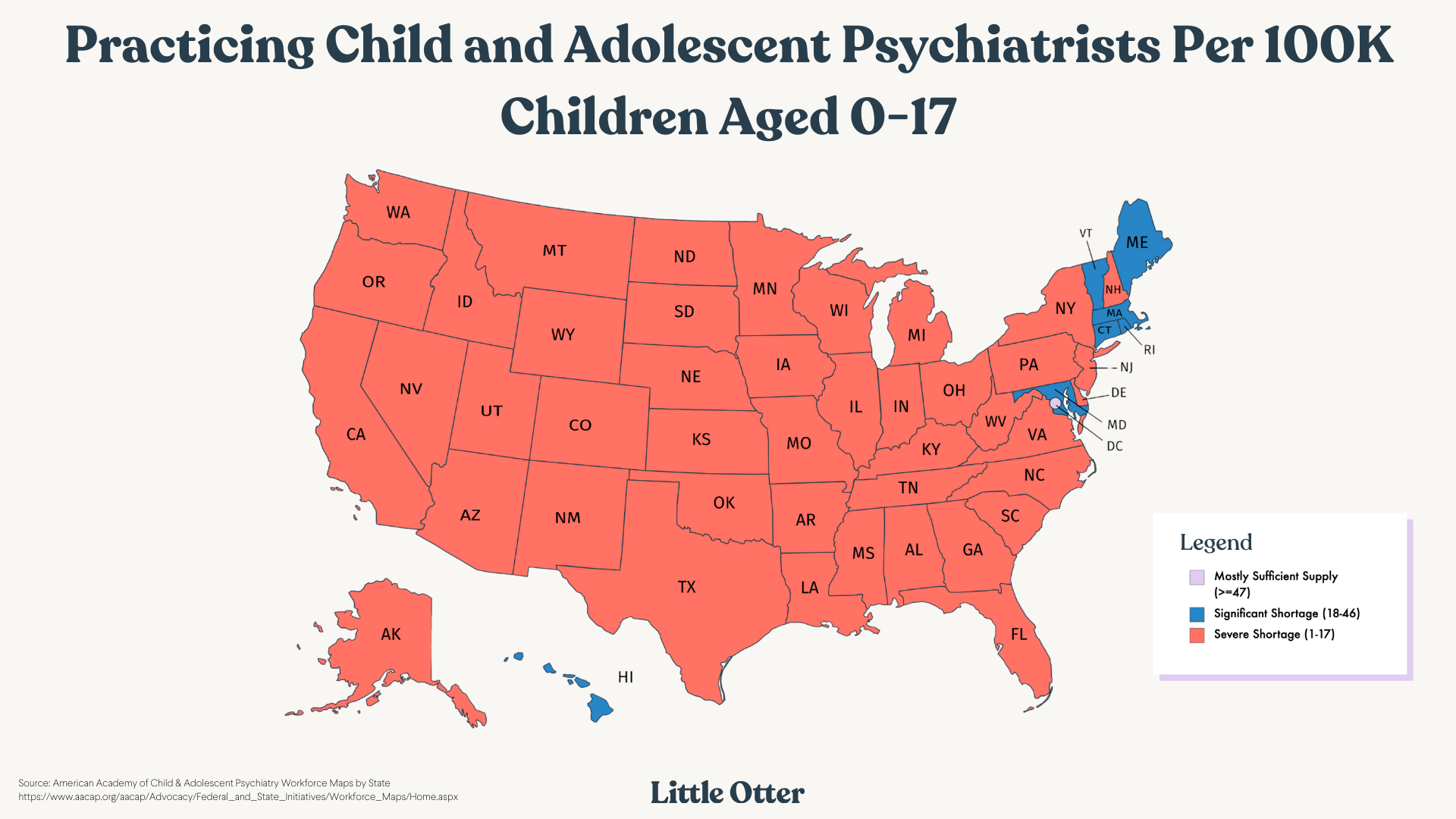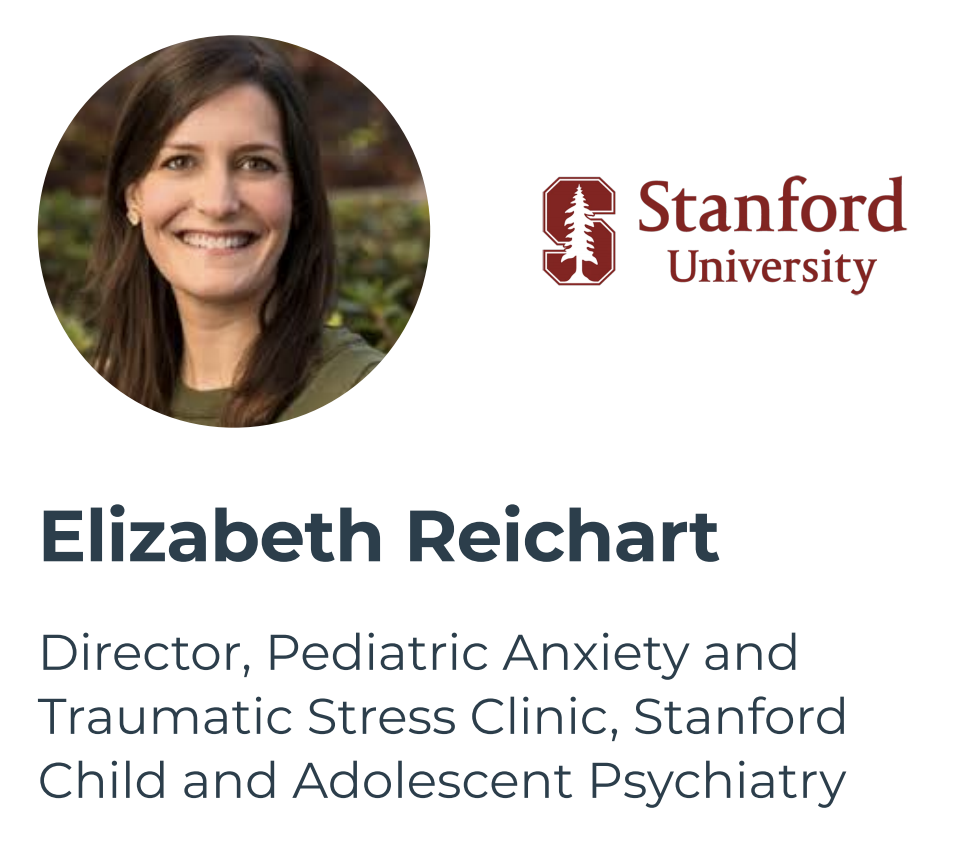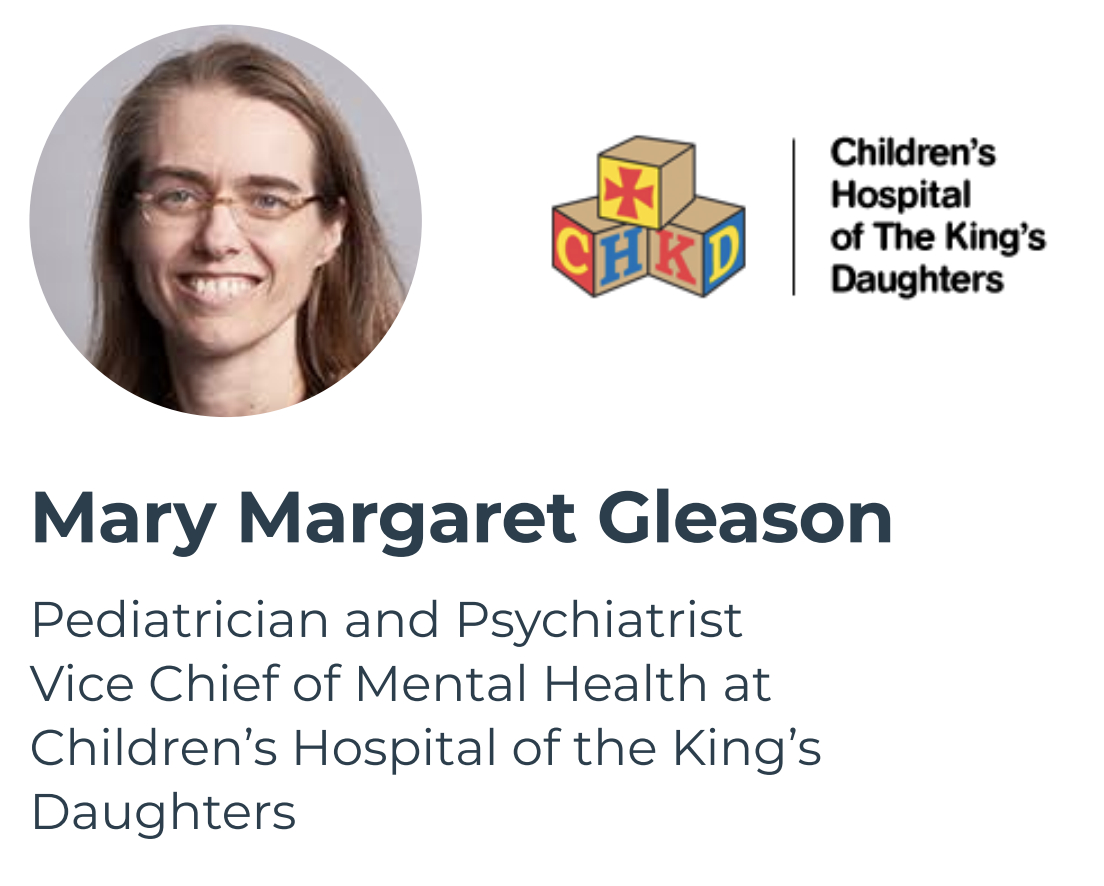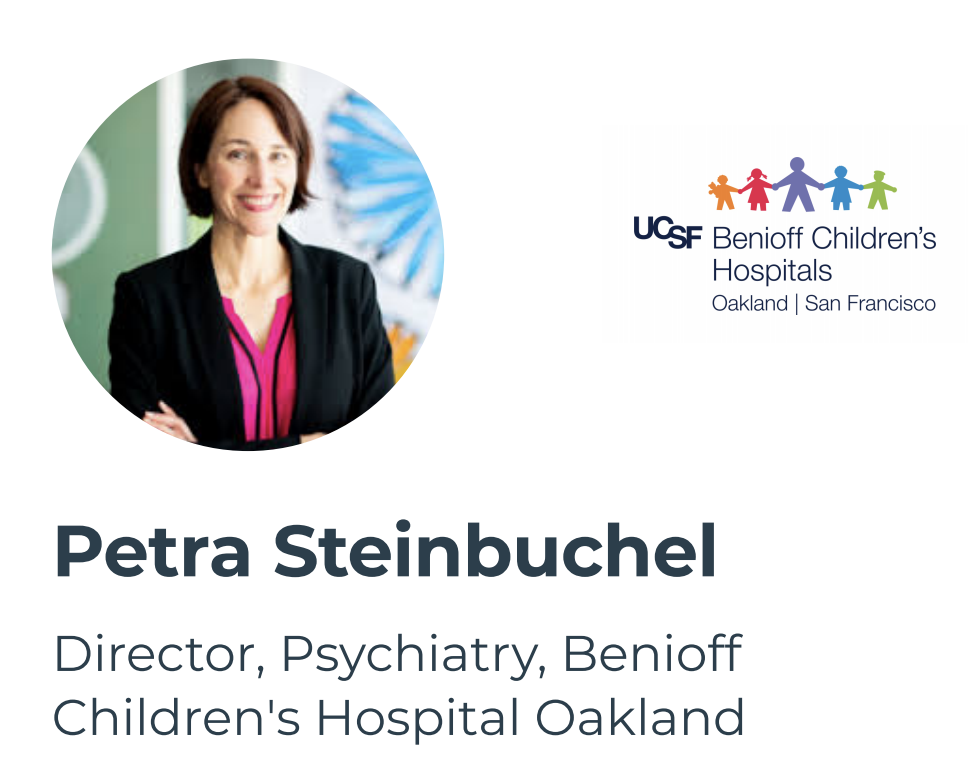Why Is It So Hard to Find a Child Psychiatrist Near Me?
“It felt impossible to find someone.”
That’s what one parent told us during a recent conversation. If you’ve tried to find a local mental health care professional for your child, that statement probably sounds familiar.
Even though children are diagnosed with mental health conditions at the same rates as adults, 85% of children do not get any mental health care at all and few receive mental health care from qualified professionals. As a parent in the US, you already know it’s hard to find a child psychiatrist near you. But why?
In this post, you’ll learn why it’s hard to find a child psychiatrist near you from the experts in child mental health.
Let’s start with a few key statistics that illustrate the scope of the problem and show why it’s hard to find a child psychiatrist near you - and point to a solution:
Challenge #1: There’s a Shortage of Local Child and Adolescent Mental Health Experts
Child and adolescent psychiatrists (CAPs) number only some 8,000 in the United States.
Credible estimates place the current need at over 30,000 CAPs.
The scarcity of services is reflected in long wait times - it takes an average of 7.5 weeks to get an appointment with a child psychiatrist.
Given the shortage, many children are treated by pediatricians who have historically reported not feeling prepared to address common mental health issues facing their patients.
Maybe you can relate to the experience of rushing to the office or clinic, but then spending longer in the waiting room than you do with your provider. Fewer providers means larger caseloads and less time with patients. This shortage of child and adolescent mental health providers means that you might have felt rushed and unseen, or that your questions simply weren’t answered.
Challenge #2: Most Counties in the US Don’t Have a Single Child Psychiatrist
Research shows that 70% of counties in the US have no psychiatrist at all. But the shortage isn’t just limited to child psychiatrists. In fact, 61% of rural or semi-rural communities face a mental health professional shortage.
Only Washington D.C. has a mostly sufficient supply of child and adolescent psychiatrists. Across most of the US, the provider shortage is severe.
Studies show that 1 in 5 children in the U.S. live in a county without a child psychiatrist.
This shortage in providers often leads to long wait times for appointments. Since early detection is key when it comes to treating children’s mental health concerns, these long wait times can have serious consequences.
One parent told us,“We had to wait six months from the time we booked an appointment to be seen.”
“There’s a limited availability of resources. Even families who want to seek help and understand there’s a problem that needs help encounter challenges accessing quality providers,” shared Dr. Elizabeth Reichert, Director of the Pediatric Anxiety and Traumatic Stress Clinic at Stanford University School of Medicine, and Little Otter Provider Advisor.
“In San Francisco, for instance, we have a severe shortage of quality mental health providers - therapists and psychiatrists - who have an expertise working with children,” Dr. Reichert added. “Therefore, even families who can pay out of pocket still have to wait months to be seen.”
If, as a parent, you’ve struggled to find timely, quality mental health care for your child, you’re not alone. This is a nationwide problem that families of all kinds are navigating.
Challenge #3: The Child Mental Health Landscape is Complex
The issue of limited access to children’s mental health care has many complicated layers.
In addition to the provider shortage, families are also faced with a “fragmented system of care with no clear systemic navigation, or guidance from experts,” said Dr. Mary Margaret Gleason, Vice Chief of Mental Health at Children’s Hospital of the King’s Daughter, and Little Otter Provider Advisor.
When it comes to a child’s mental health, this fragmented system means that there are a lot of parties involved in the conversation, beyond just the family.
There are “primary care providers (who are generally less well-versed in mental health), school teachers and counselors, early childhood mental health professionals, specialty general mental health professionals, and, for affected populations, regional centers, social services, and juvenile justice - all with competition for resources, and lack of clear/streamlined methods for communicating,” explained Dr. Petra Steinbuchel, Director of Psychiatry at Benioff Children’s Hospital Oakland.
The shortage in providers combined with this fragmented system means that it’s hard for parents and families to find the right mental health care professional for their child.
“We hated bringing my son to see so many new people. We felt like it was horrible for him to be brought around and re-introduced to each therapist,” one parent shared with us.
Challenge #4: Parents Don’t Always Know When to Worry and May Be Ashamed to Seek Care
But before even beginning the search for mental health care for their child, most parents are first faced with a situation or behavior that causes them to wonder if what their child is exhibiting is considered “normal.”
“Many parents, particularly first-time parents, may unfortunately feel doubt or shame when they ask the question ‘is this normal?’” explained Dr. David S. Hong, Assistant Professor of Psychiatry and Behavioral Sciences at Stanford University Medical Center, and Little Otter Provider Advisor.
These feelings of uncertainty or shame that can make starting the search for care all the more challenging. So, while a provider shortage and a fragmented system both create barriers to psychiatric care for children, pervasive stigma also plays a part.
Even though all parents ask these kinds of questions about their children from time to time, we understand that it may still be uncomfortable.
Please know that, if you’d like to ask your questions to a Little Otter child mental health professional online, and for free, you can do that here.
You know your child best. And if you feel like it’s time to connect with a mental health professional, you’ve probably spent lots of time researching your options or even tapping your social network for referral information.
But if you’re still having a hard time getting an appointment with a child psychiatrist near you, know that it’s not your fault. Simply put, the problem is a complex issue that is beyond a parent’s control.
“There's so much in the history of mental health of blaming mothers, of blaming parents, for their kids having mental health challenges,” Dr. Helen Egger, Chair of the Department of Child and Adolescent Psychiatry at NYU Langone, and co-founder of Little Otter.
Little Otter was created in large part to shift this dynamic.
A New Path to Healing: Online Therapy for Kids and Families
Little Otter is working to challenge this traditional model of care so that more children and families have access to the life-changing mental health care and critical support they need. Learn more about the promise of online therapy for children and families.
Rather than simply digitizing the existing process, we are reinventing the way children and families receive mental health care. We know what it’s like to juggle all the responsibilities of parenthood, and we’re here to make it easier for you to help your child thrive.
Our program is founded on the belief that parents are the experts when it comes to understanding their child’s strengths and challenges. Your collective wisdom will always be a central component of the treatment planning process as we collaborate together.
That means clarity on when to worry, a collaborative approach to care that involves the whole family, the ability to text with mental health providers, and even same-day therapy appointments.
How Does Little Otter’s Child Mental Health App Work?
With Little Otter, you’ll get on-demand access to mental health support that’s rooted in science and developed by some of the top leaders in the field of child psychiatry. And when you’re ready to begin, you’ll get access to care in minutes, not weeks.
Our flexible programming and streamlined assessment process make it easier to connect with your family-centric care team on a schedule that works for you. You’ll also have access to a library of helpful and informative materials, including our When to Worry Domains, which are designed to help you know when it might be time to ask for additional help.
Throughout your experience with Little Otter, your dedicated care team will take the time to truly get to know you and your family and your Little Otter Parent Coach will be your guide in each step along the way. Instead of a fragmented system of care, you’ll experience a collaborative care team that is all working together for your family.
In the meantime, we recommend speaking to your pediatrician if you have any concerns about your child’s mental health.







